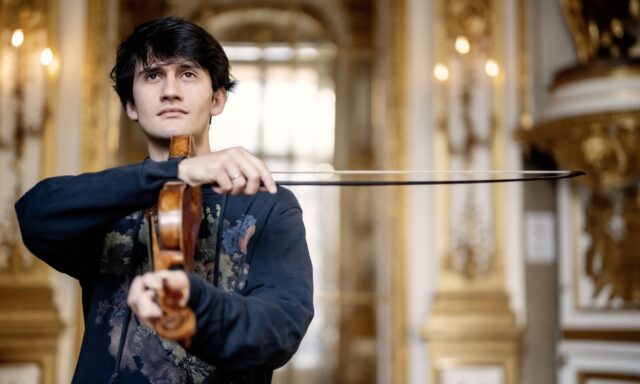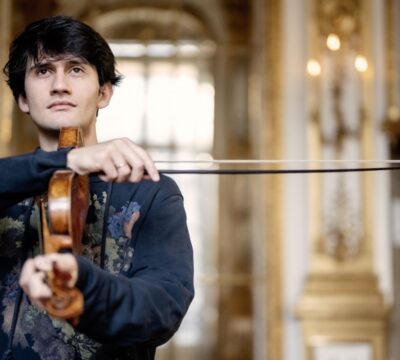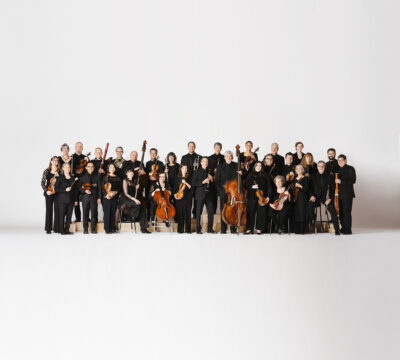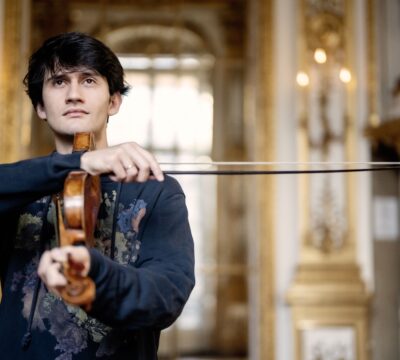
- This event has passed.
J.S. Bach and the French Baroque
Part of: Bach Festival 2025

Ticketing Information
Low Availability: call Carnegie Hall Box Office for available seating at 212-247-7800
Though J.S. Bach never set foot in France, the elegance of French music and dance profoundly shaped his work. Join Orchestra of St. Luke’s for an evening that explores this influence, pairing Bach’s music with that of Jean-Marie Leclair—the “French Bach”—in twin A-minor concertos led by conductor and violinist Théotime Langlois de Swarte. Experience the vibrant fusion of French grace and German depth in a program celebrating musical dialogue across borders.
Program
Nicola Matteis
Fantasia No. 2
Johann Sebastian Bach
Auf Meinen Lieben Gott B.A 37,212
Johann Sebastian Bach
Violin Concerto in A minor, BWV 1041
Johann Sebastian Bach
Air from Orchestral Suite No. 3 in D Major, BWV 1068
Johann Sebastian Bach
Badinerie from Orchestral Suite No. 2 in B minor, BWV 1068
Jean-Marie Leclair
Violin Concerto in A minor, Op. 7, No. 5
Jean-Féry Rebel
Les Caractères de la Danse
Jean-Baptiste Lully
Suite from Le Bourgeois Gentilhomme


